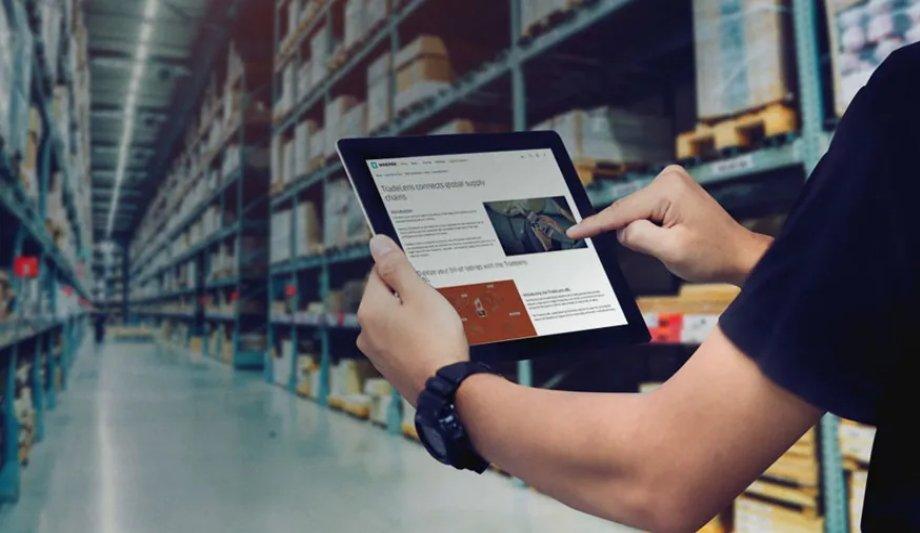Challenge
Customers needed to find a better way to manage their Bills of Lading to reduce the risk of delay The Bill of Lading process has always been time-consuming. When the pandemic hit, the flow of BLs which is normally a 3-week process from issuance to release became slower. The disruption caused by the labour shift to work from home, suspension of courier services, and grounded flights further upset the processes of receiving BLs, processing them, and delivering them to the customer’s consignees in New York.
When BLs are delayed, cargo is delayed. This is especially bad in the case of Reefers because it increases the risk of spoilage and reduces the selling window of the perishable cargo. So, the customer needed to find a better way to manage their Bills of Lading to reduce the risk of delay.
Solution
With the aim of eliminating the risk of lost, stolen or late BLs in Reefer cargo delivery, Maersk worked with the customer and offered the TradeLens electronic Bill of Lading (eBL) solution. With the COVID-19 lockdown, their opportunity had arrived to use new and innovative digital solutions to solve documentation challenges.
They signed up to use TradeLens along with their New York based customs broker, and 59 hours later, their first TradeLens eBL was released.
This solution included reducing the number of steps in the BL process to 4:
- Maersk execute and issue the eBL to the customer’s TradeLens account
- The customer checks that the BL has been received in their TradeLens account and all the details are correct
- They click a button to transfer the eBL to their U.S. agent
- The U.S. agent clicks a button to surrender the eBL back to Maersk at the destination and Maersk proceed to release the cargo
Result
The customer cut down the entire process from 3 weeks to just 3 days By reducing the number of steps involved in a BL’s journey from 8 to 4, the customer cut down the entire process from 3 weeks to just 3 days. The biggest time savings came from the elimination of the air courier leg, which also saved them about 50 USD per BL potential savings of over 5000 USD per year.
Benefits with TradeLens
- 18 days were saved in the BL process from issuance to surrender
- The issuance of the first TradeLens eBL was done within 59 hours after sign-up
- 100% conversion to eBL was completed in one month
- A single window to track all BLs with TradeLens Shipment Manager
- Upto 50 USD per month saved in BL shipping and handling
- A blockchain secured end-to-end process from issuance and transfer to surrendering the original bill










